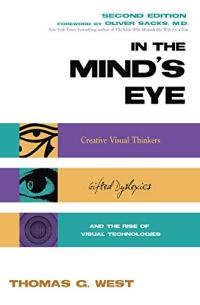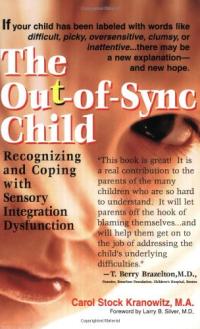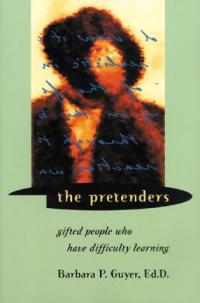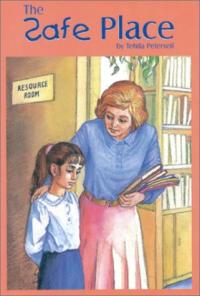
In the Mind's Eye
This book deals with visual thinkers and computer data visualization, neurological research and gifted persons with learning difficulties — examining the role of visual-spatial strengths and verbal weaknesses in the lives of ten historical persons, including Albert Einstein, Michael Faraday, James Clerk Maxwell, Sir Winston Churchill, Gen. George Patton and William Butler Yeats.
In the Mind’s Eye was selected as one of the “Outstanding Academic Books of 1998” by Choice magazine, a publication of the Association of College & Research Libraries of the American Library Association. In January 1999, the book was designated as among the “best of the best” for 1998, being among 13 books in the psychology category recommended for inclusion in college and university libraries. Selection for the award is based on “overall excellence in presentation and scholarship, importance relative to other literature in the field, distinction as a first treatment.”








